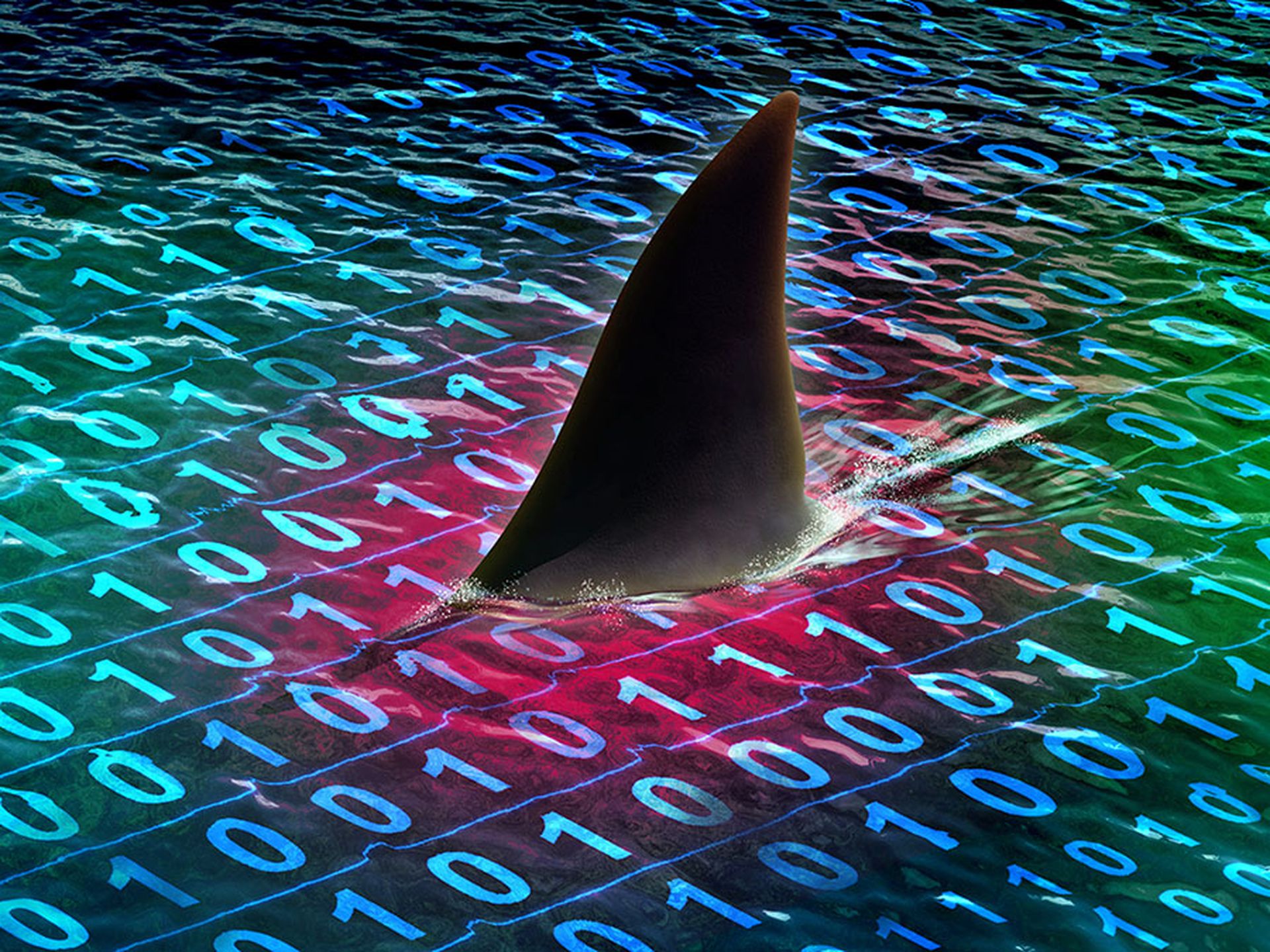Secretary of defense Ashton Carter participated in a wide-ranging discussion of his goals for public-private cooperation after the Department of Defense announced Wednesday the Defense Innovation Advisory Board, led by Alphabet executive chairman Eric Schmidt.
Carter told attendees at the RSA Conference in San Francisco that the advisory board was created in part to foster opportunities like the career opportunity that brought him to Washington nearly 25 years ago. A theoretical physics Ph.D and former student of Medieval history, Carter has made private-public cooperation a priority during his past year heading the DoD. His visit this week to San Francisco marks Carter's third trip to Silicon Valley since he was named defense secretary a year ago.
The Department of Defense launched a "Hack the Pentagon" program Wednesday, a bug bounty program modeled after similar private sector initiatives. When asked by Kleiner Perkins general partner Ted Schlein during a talk at the RSA Conference whether these partnership initiatives with the private sector were likely to continue beyond his term, Carter said, "I'm very optimistic, because the logic is compelling."
Private-public dialogue has also been a recurring theme among federal officials speaking at the conference this week.
When asked about his views on backdoors, Carter answered, “I don't believe in a single technical solutions to complex problems.” He warned that efforts to create singular solutions such as backdoors are “not realistic.”
The Defense Department recently deployed cyber tools to disrupt ISIS's ability to operate and communicate over the virtual battlefield. Cater told conference attendees Wednesday the initiative will cause ISIS to “doubt the reliability of their communications” and remove the terror group's ability to control their population.
“You can think of what the alternatives are to a innovative, collaborative approach,” Carter said, in stressing the need for productive public-private cooperation. He said the alternative may include laws “written by individuals who do not have the technical expertise of those in this room, and they may be written out of anger or grief.”



